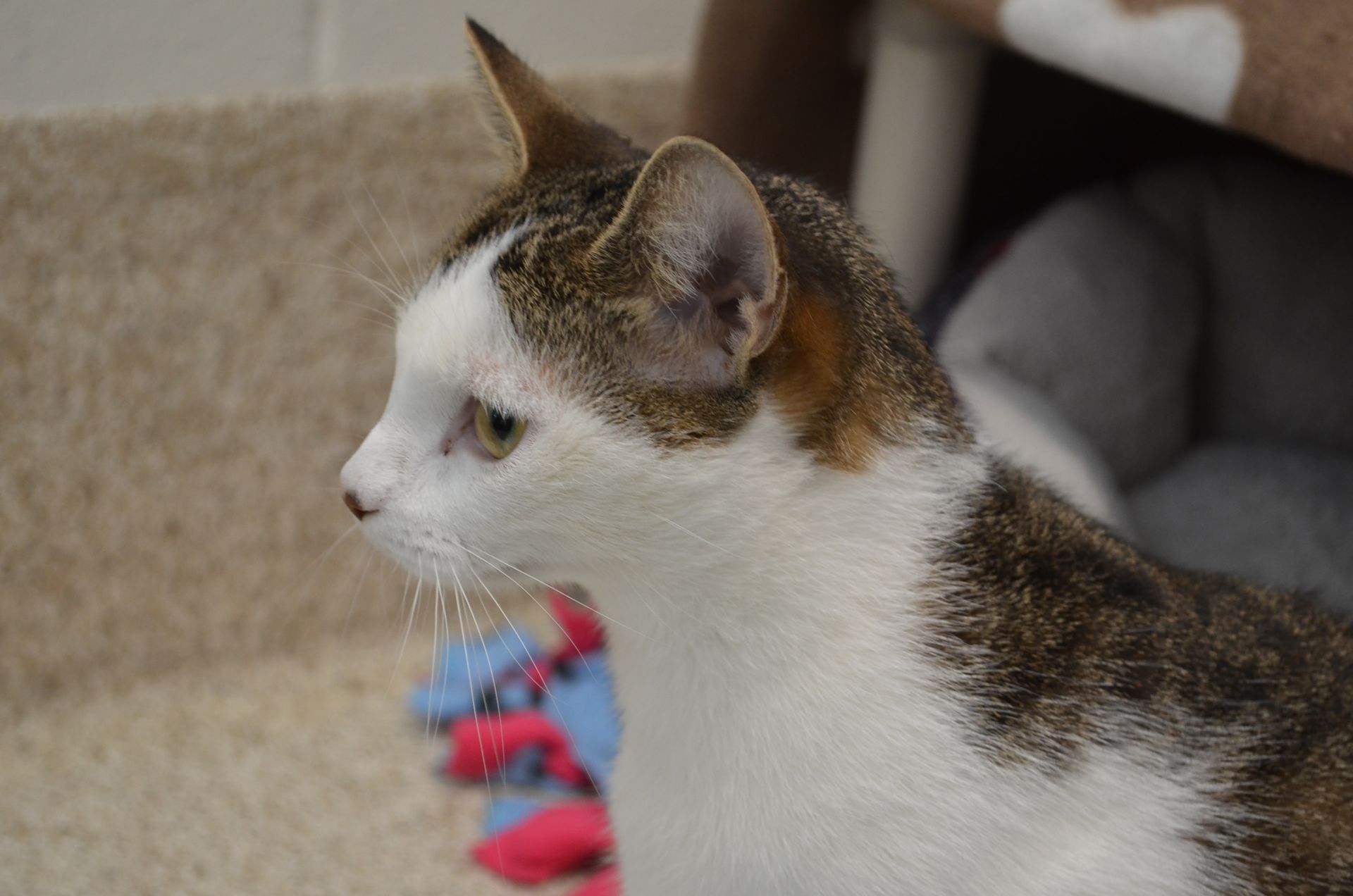Pet Vaccinations Should Be Kept Up To Date. Find Out How.

Animal Chronicles
August 17, 2025
By Dan Barner
Pet Vaccinations Should Be Kept Up To Date. Find Out How.
August is National Immunization Awareness Month, the perfect time to review your pet’s vaccination schedule.
Just as with humans, vaccinations protect pets from many serious illnesses by strengthening their immune systems. Vaccinations introduce antigens, which are harmless versions of disease-causing agents, into the body. This generates an immune response that prepares the body to defend against future infections.
Puppies and kittens should receive their first vaccinations when they are approximately six to eight weeks old. After their initial vaccinations they will also need boosters every few weeks until they are approximately 16 to 20 weeks old. Completing the entire vaccination series will give your pet the best protection.
Adult dogs and cats also require ongoing vaccinations, typically annually. The frequency of each booster will vary based on the type of vaccine and veterinarian recommendations.
Common vaccinations for dogs include Rabies, DHPP (Distemper, Hepatitis, Para-Influenza, Parvo Virus), Leptospirosis, Bordetella, Influenza and Lyme.
Common vaccinations for cats include Rabies, FVRCP (Feline Viral Rhinotracheitis, Calici Virus, Panleukopenia), FeLV (Feline Leukemia Virus) and Feline Bordetella.
Which vaccinations are best for your pet can vary based on age, breed, medical history, lifestyle, travel and local laws. It’s best to discuss your pet’s vaccination needs with their veterinarian.
Pet owners might have concerns about the safety of vaccinations. It’s important to know that these vaccines have undergone extensive testing and are considered safe for administration in healthy pets. Vaccines might have some side effects, but they are generally mild and temporary. Your veterinarian will be happy to answer any questions you have about the vaccines your pet should receive.
By keeping your pets on a proper vaccination schedule you can help them live a longer, healthier life. Keeping your pets vaccinated also helps protect humans and other pets they might come in contact with. Together we can promote better health for everyone.

